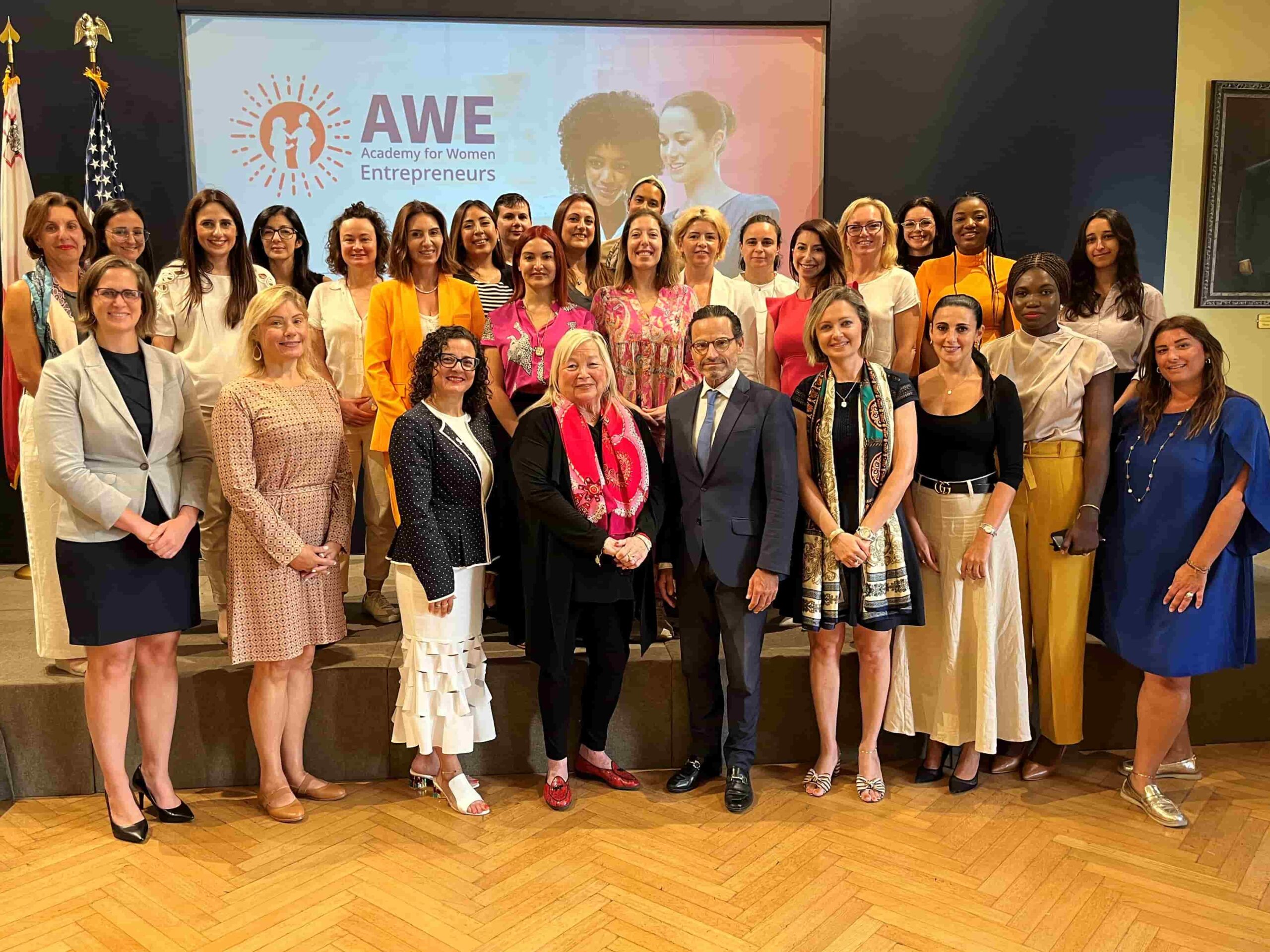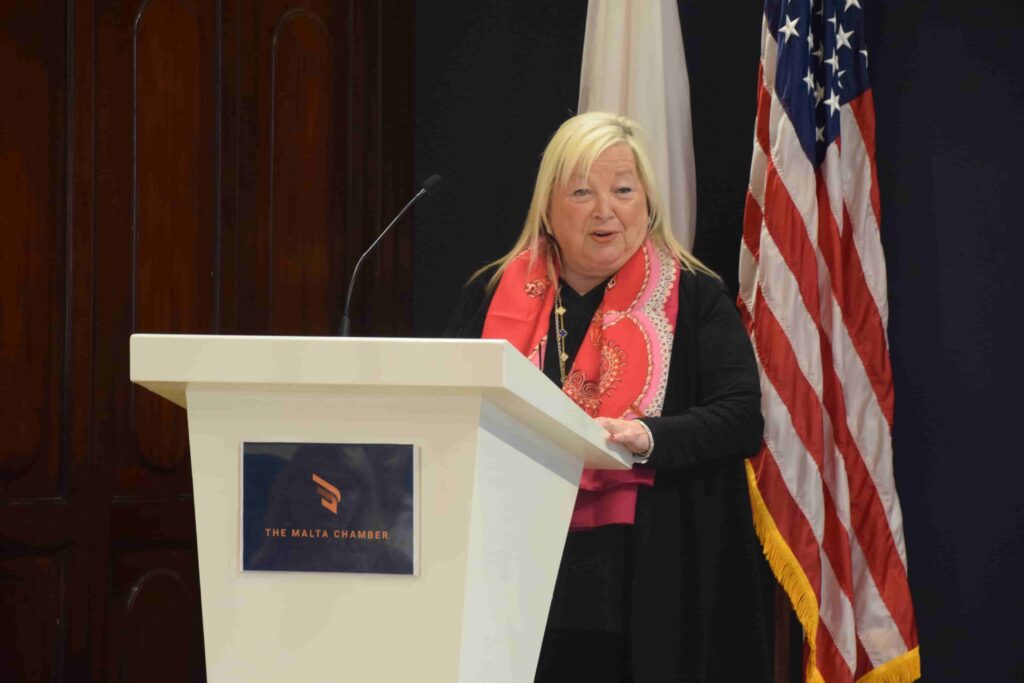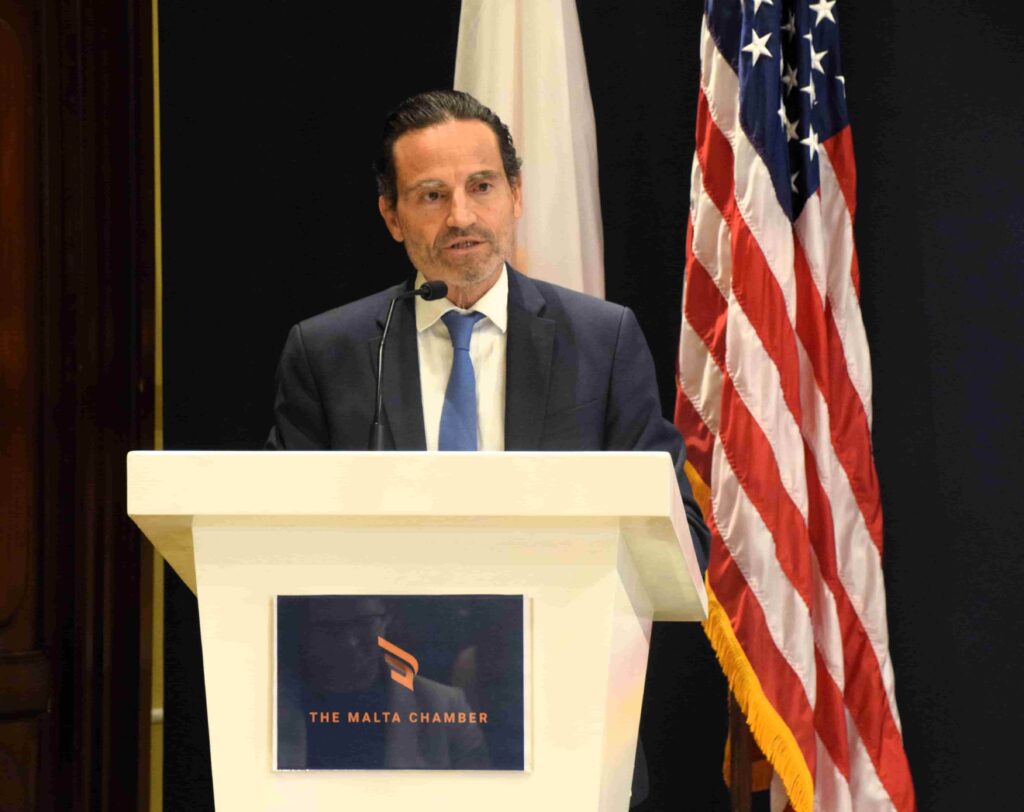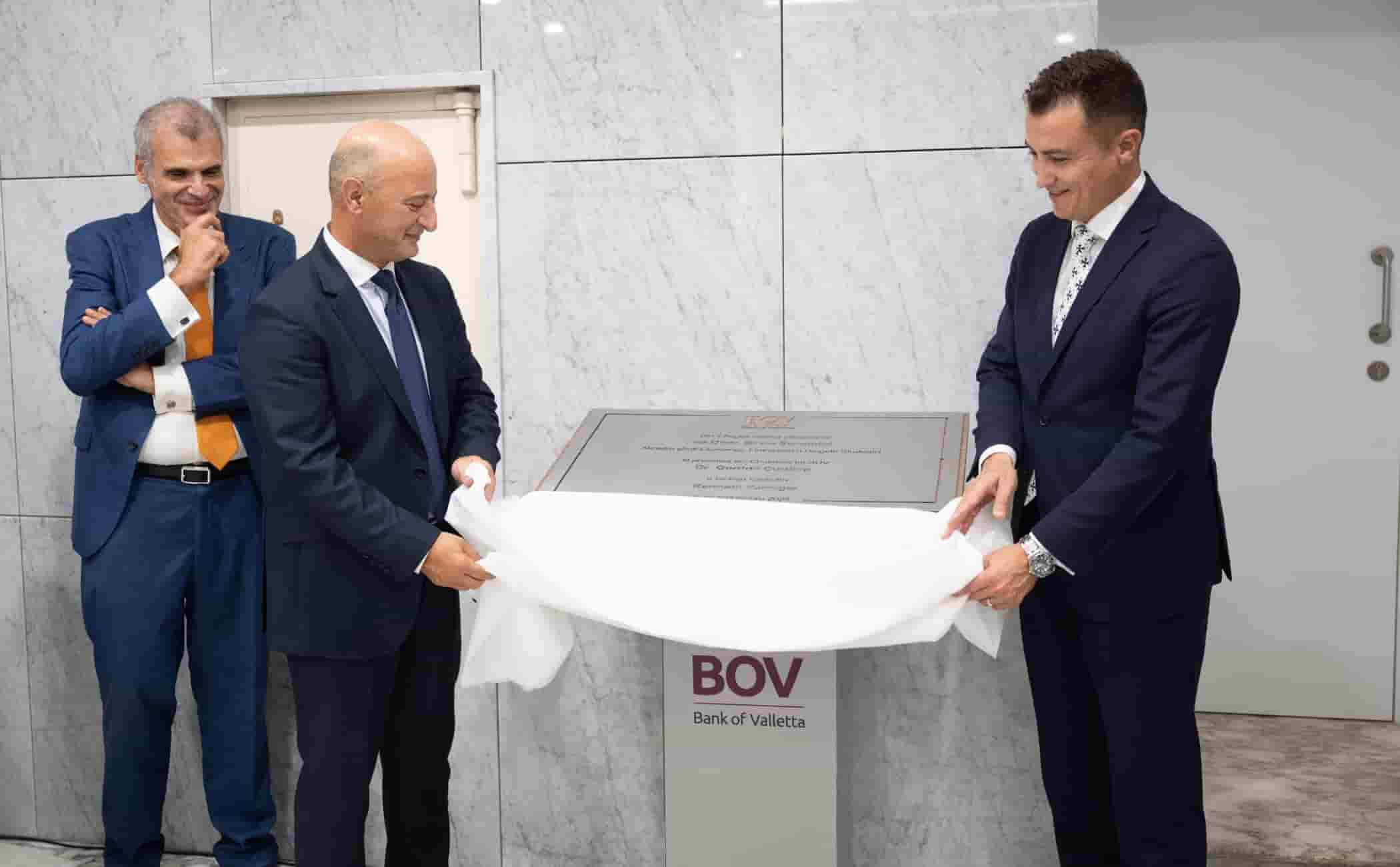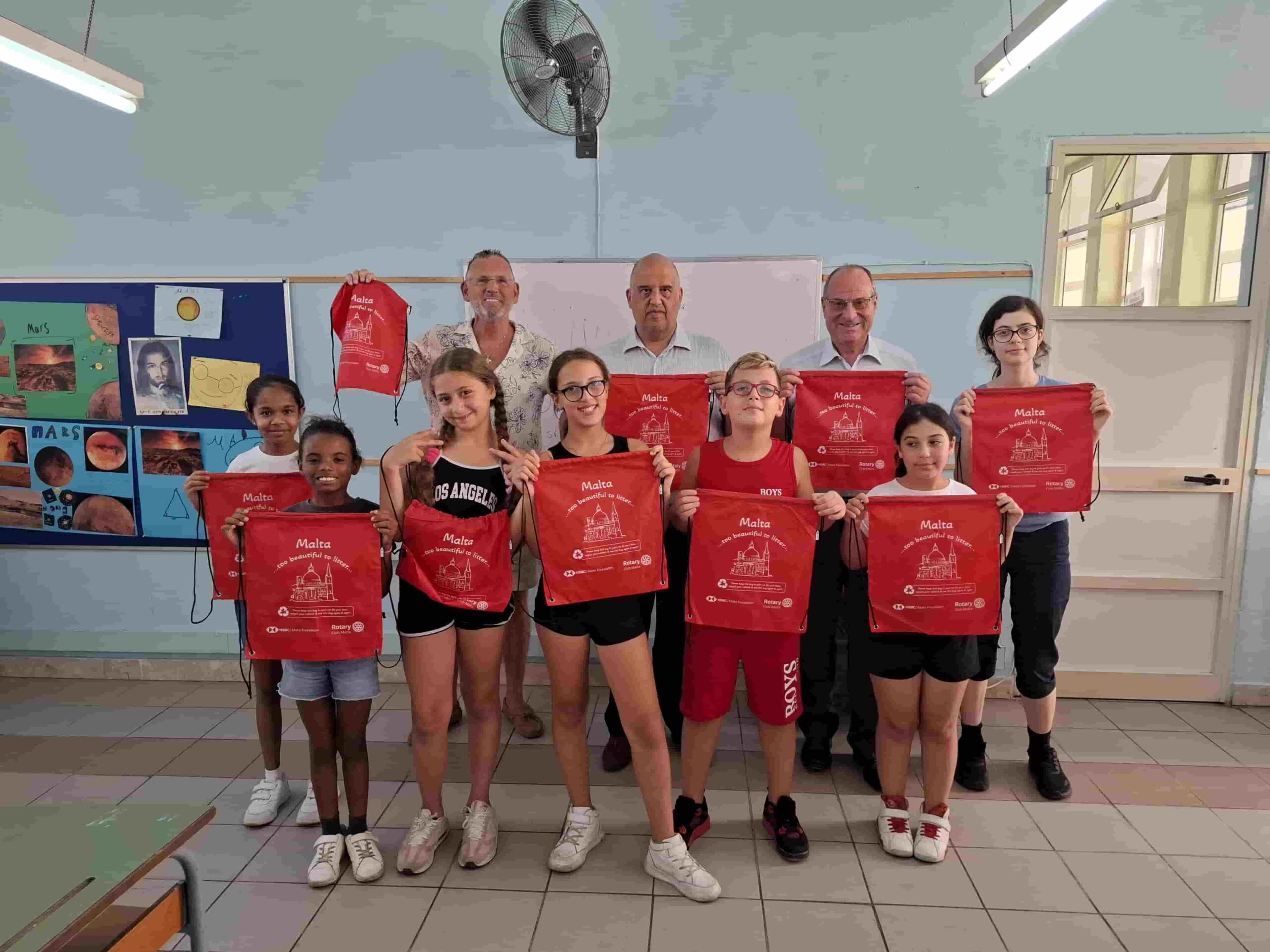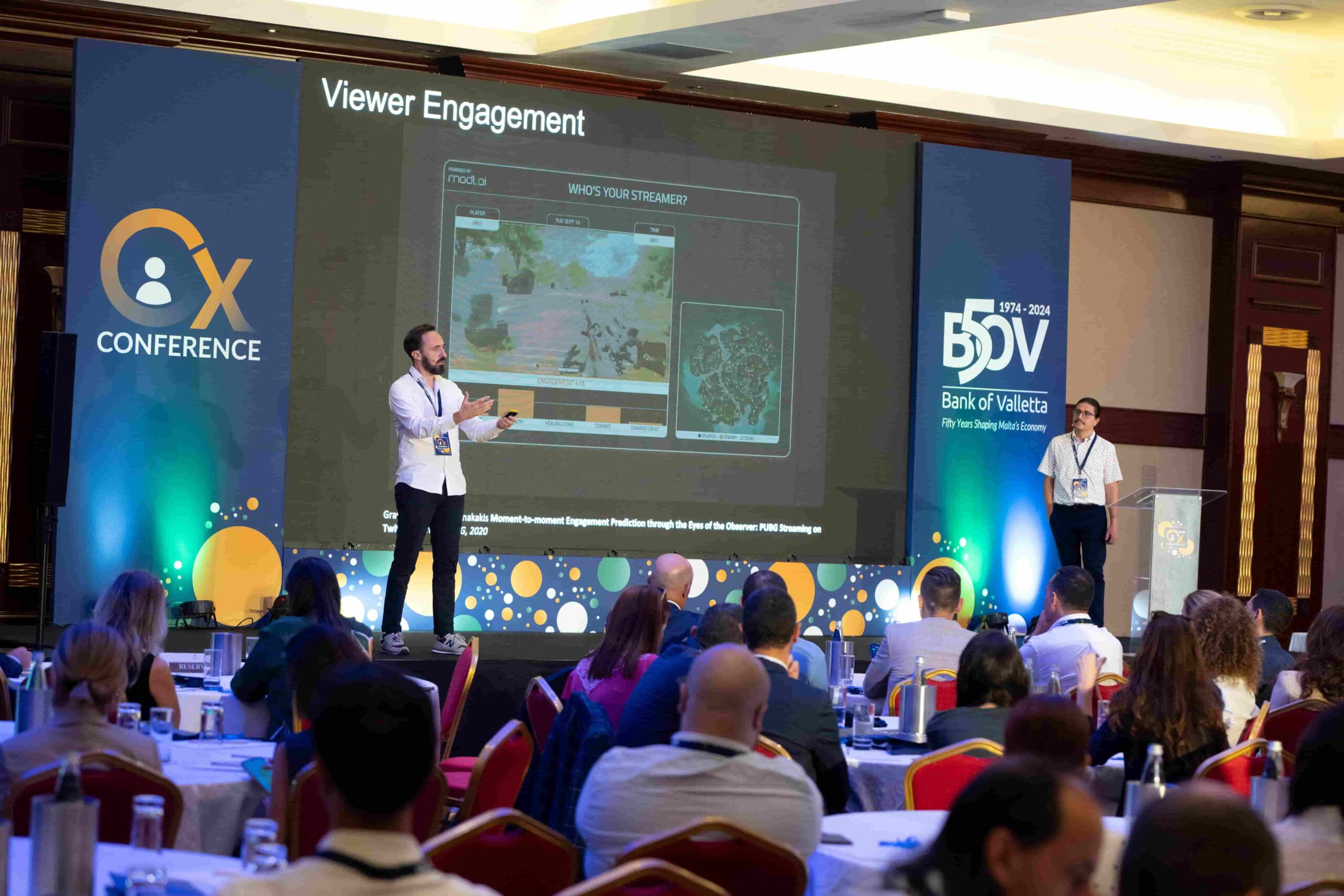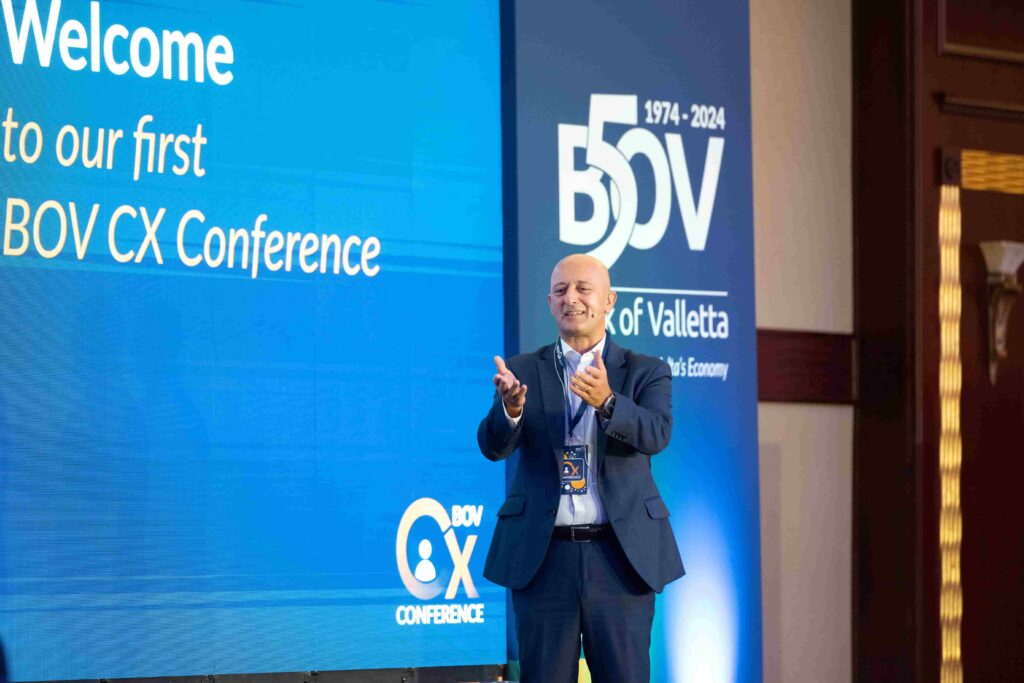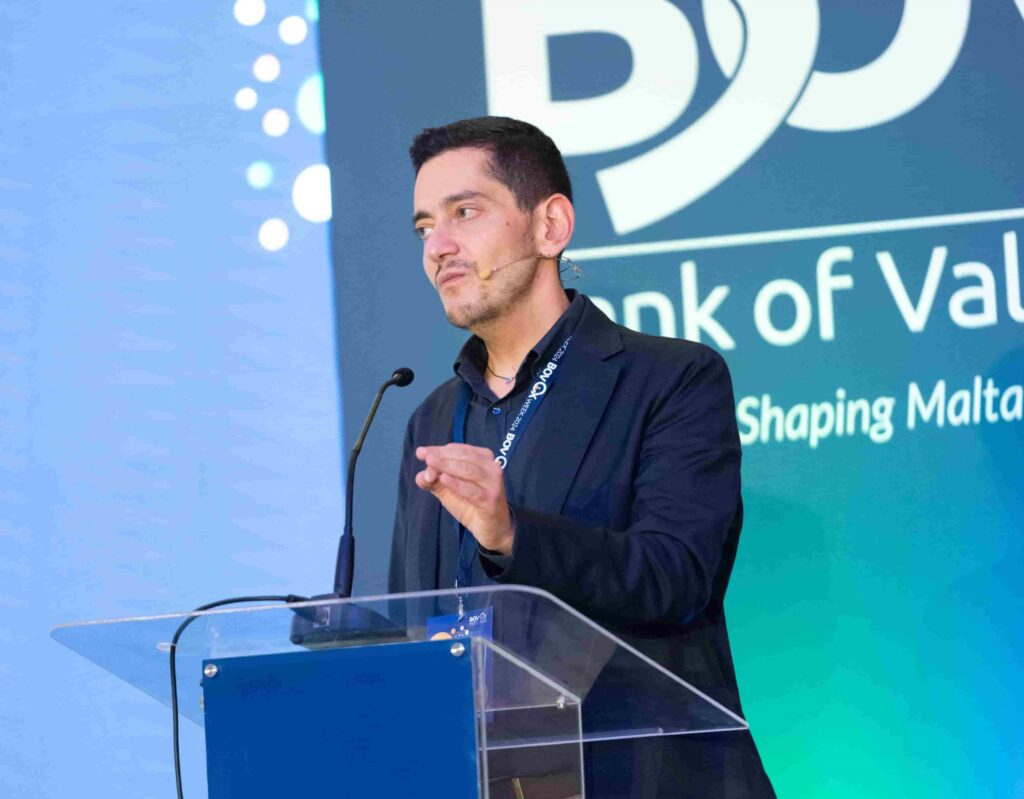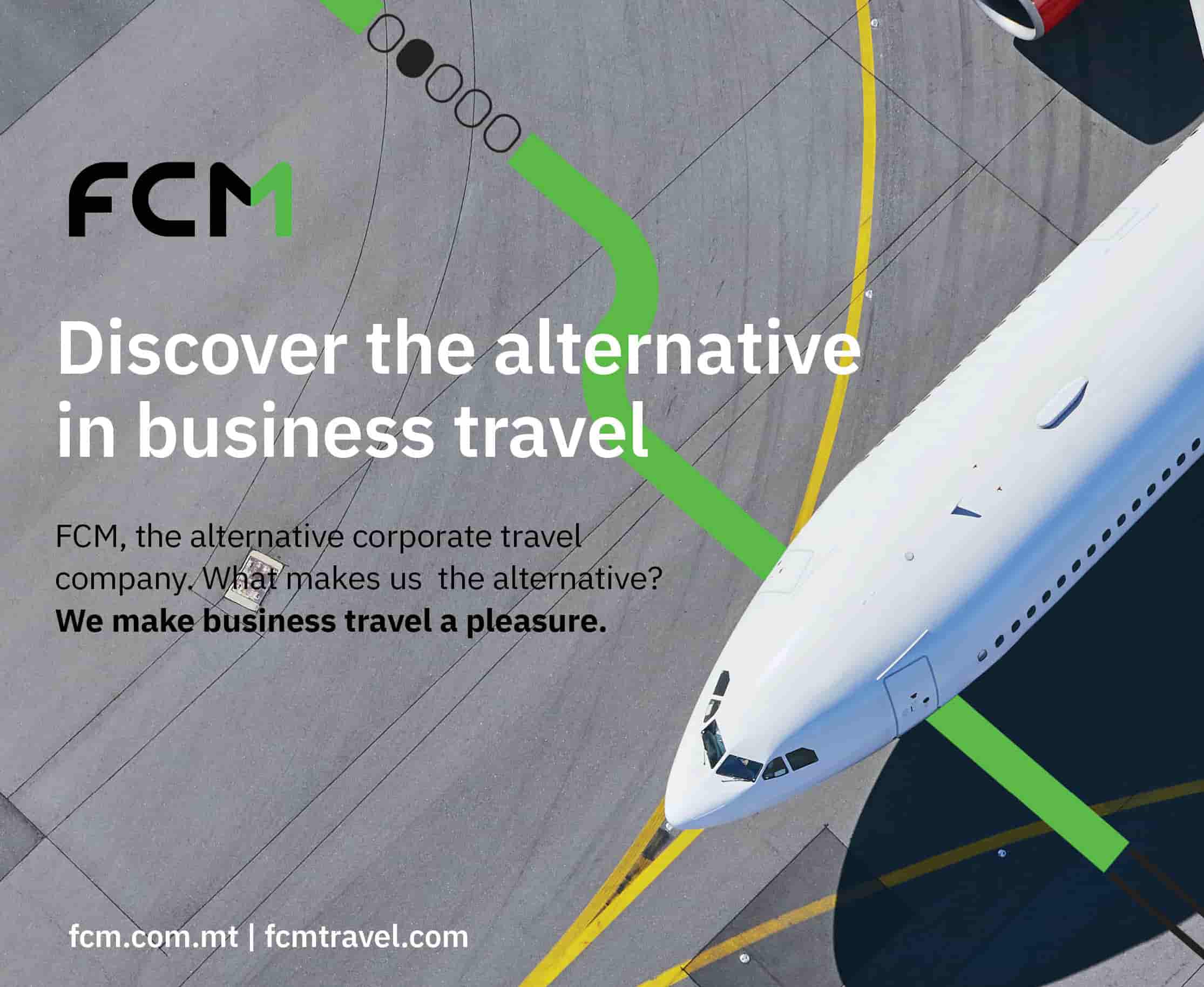The Malta Chamber of Commerce, Enterprise, and Industry welcomes the ruling by the European Court of Justice (ECJ) published yesterday, annulling the requirement for trucks to return to their operational centre every eight weeks, as stated in EU Regulation 2020/1055.
The Malta Chamber acknowledges that the Maltese Government listened to The Malta Chamber’s concerns resulting in successful efforts in presenting Malta’s case before the ECJ, together with Lithuania, Bulgaria, Romania, Cyprus, Hungary, and Poland.
We believe that this ruling is a wake-up call for a more informed approach in EU policymaking, one that considers the specific challenges faced by peripheral and island nations.
The ECJ found that the EU legislators had not adequately assessed the proportionality of this measure on all member states when it was first introduced. This ECJ judgement is a decision in favour of Malta’s realities as it marks a significant step forward for Malta’s road transport operators.
As declared several times by The Malta Chamber Logistics Business Section, the rule was “implemented without proper evaluation and resulted in unnecessary emissions, logistical challenges, increase in costs and undue burdens on freight forwarding and haulage companies”.
For the past years, island nations like Malta were disproportionately affected by the regulation as compared to mainland EU countries, placing our country and our companies at an unfair disadvantage because the now-annulled provision required trucks operating across the EU to return to their home country every eight weeks. For Malta, this meant additional, often inefficient trips involving long distances and ferry crossings. Many vehicles travelled empty, contributing to avoidable traffic congestion on European roads and increasing carbon emissions. This not only undermined environmental efforts but also imposed additional costs on peripheral islands like Malta, where transportation is already more complex due to geographic isolation.
The Malta Chamber, along with European business networks, have repeatedly argued that this requirement conflicted with the European Green Deal’s goals of emission reduction and operational efficiency.
The Malta Chamber views this ECJ decision as a call for a more detailed approach in EU policies, addressing challenges unique to peripheral and island nations. In light of this ruling, The Malta Chamber renews its call for the upcoming European Commission to introduce a “Territorial Proofing” or “Insularity Test” as part of its Competitiveness Check in the impact assessment process. This test would ensure that EU regulations do not disproportionately affect Member States with unique geographical conditions, such as islands states and peripheral regions. The Malta Chamber stresses that significant legislative changes should undergo thorough impact assessments during the EU decision-making process to prevent unintended consequences, such as those caused by the eight-week vehicle return rule.
Articles 174 and 175 of the Treaty on the Functioning of the European Union state that the Union should aim to reduce regional disparities, particularly for islands and mountain areas. The Malta Chamber urges the EU to stay true to these commitments by adopting measures that consider the specific needs of these regions within its legislative process, from inception.
This decision also bolsters Malta’s capability to contest similar policies in other areas, including air and maritime transport. Alongside other industry stakeholders, The Malta Chamber has expressed concerns regarding the EU’s Emissions Trading System (ETS) for maritime transport, which redirects transhipments to non-EU ports in North Africa. This mirrors the objections submitted in respect of EU air transport regulations that impose an excessive and unjust burden on peripheral island states like Malta.
Finally, The Malta Chamber calls for enhanced meaningful dialogue and collaboration within the MCESD to ensure that upcoming EU legislation promotes fairness, sustainability, and operational efficiency for all EU Member States, without discrimination based on geographic location.

